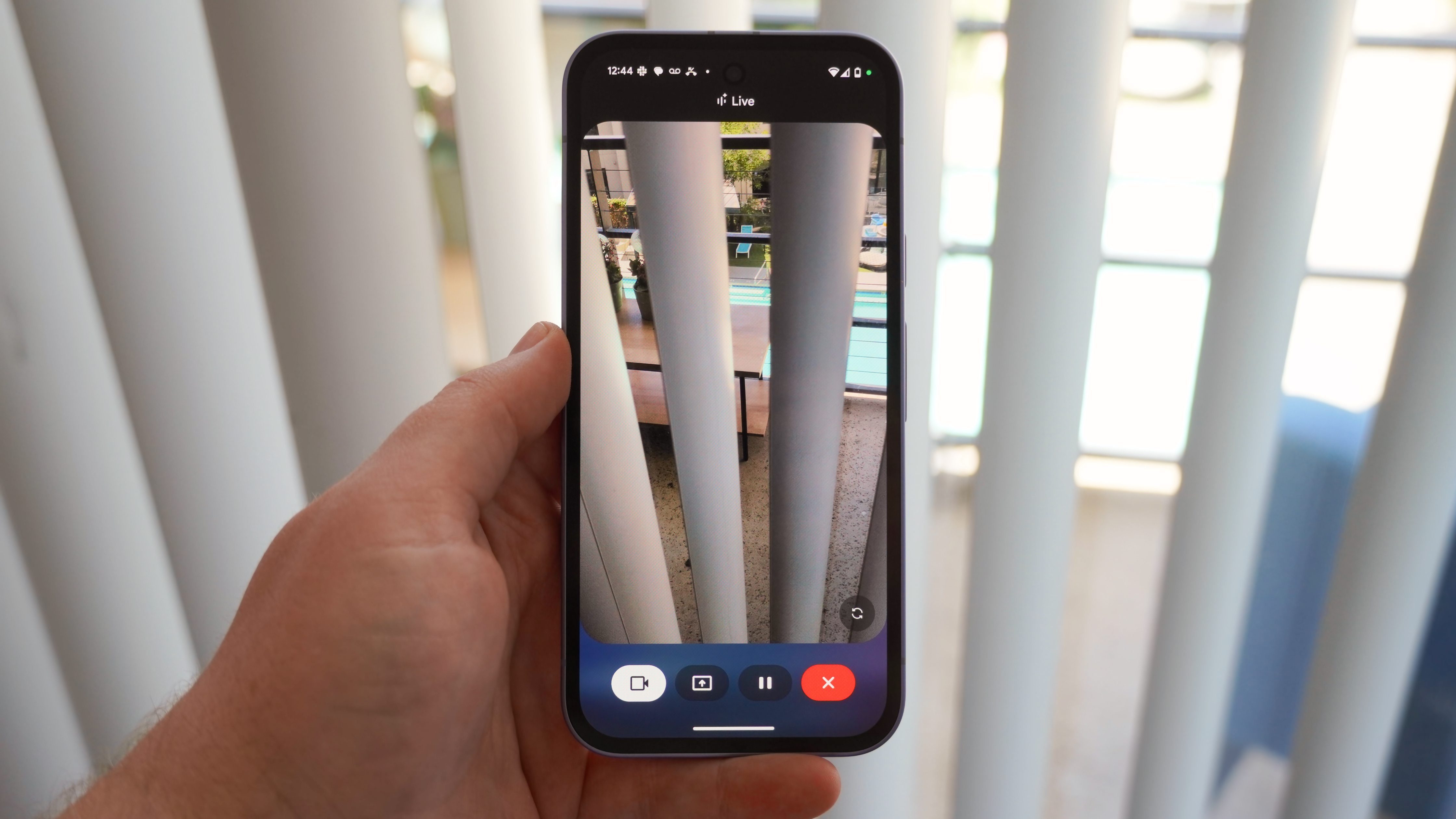I used the Pixel 7a extensively — here's what I want to see in the Pixel 8a
The Pixel 7a is still a terrific phone, but Google needs to make a few tweaks to make the Pixel 8a even better.
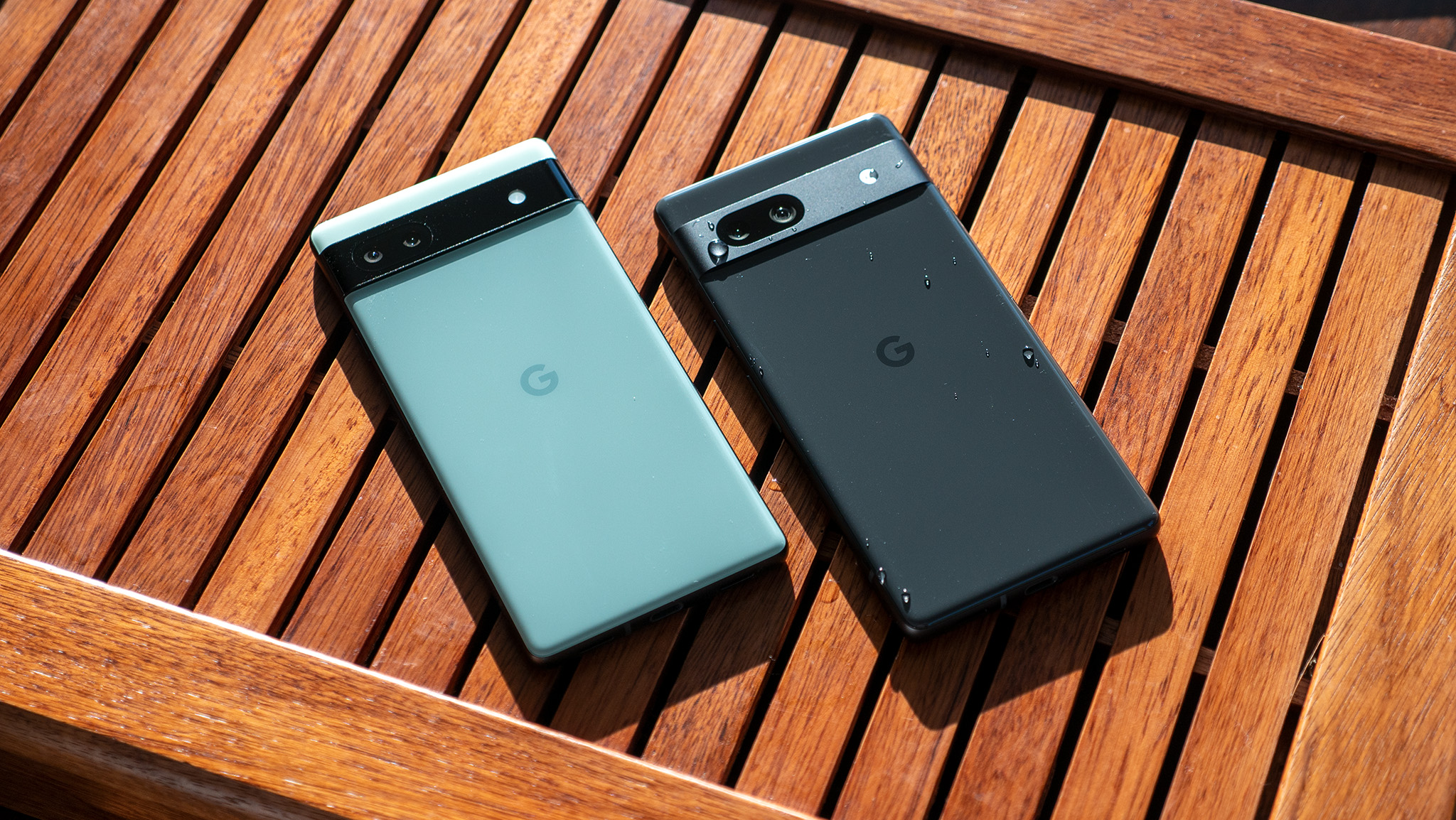
A year after its release, the Pixel 7a continues to be the best mid-range phone you can buy today. That has traditionally been the case with the Pixel A series, but initial models in the series had lackluster hardware, so they weren't as easy to recommend. But with Google upgrading the hardware to match that of the standard models two years ago with the Pixel 6a, it became a non-issue.

In Hardwired, AC Senior Editor Harish Jonnalagadda delves into all things hardware, including phones, storage servers, and routers.
I used the Pixel 7a quite a bit over the course of the last year, and I still think it is the best value in Google's portfolio. It offers the same caliber of hardware as the standard Pixel 7, but in a slightly smaller size that's easier to use, and even though it has different camera sensors, it still takes terrific photos and videos.
Software is a big part of the overall Pixel experience, and Google tends to bring all the features introduced in its flagships over to the A series. This gives the Pixel 7a a distinct edge, as most mid-range phones tend to have overt styling with plenty of bloatware — that just isn't a problem with Google's devices.
Granted, there are areas where the Pixel 7a isn't as good as its flagship siblings; even though it uses the same hardware as the Pixel 7 Pro, it has different thermal limits, and is prone to overheating and throttling — more so than the flagships. But on the whole, the Pixel 7a is still my go-to recommendation in this segment. That said, here's what I want to see in the upcoming Pixel 8a.
Brighter screen with 120Hz refresh
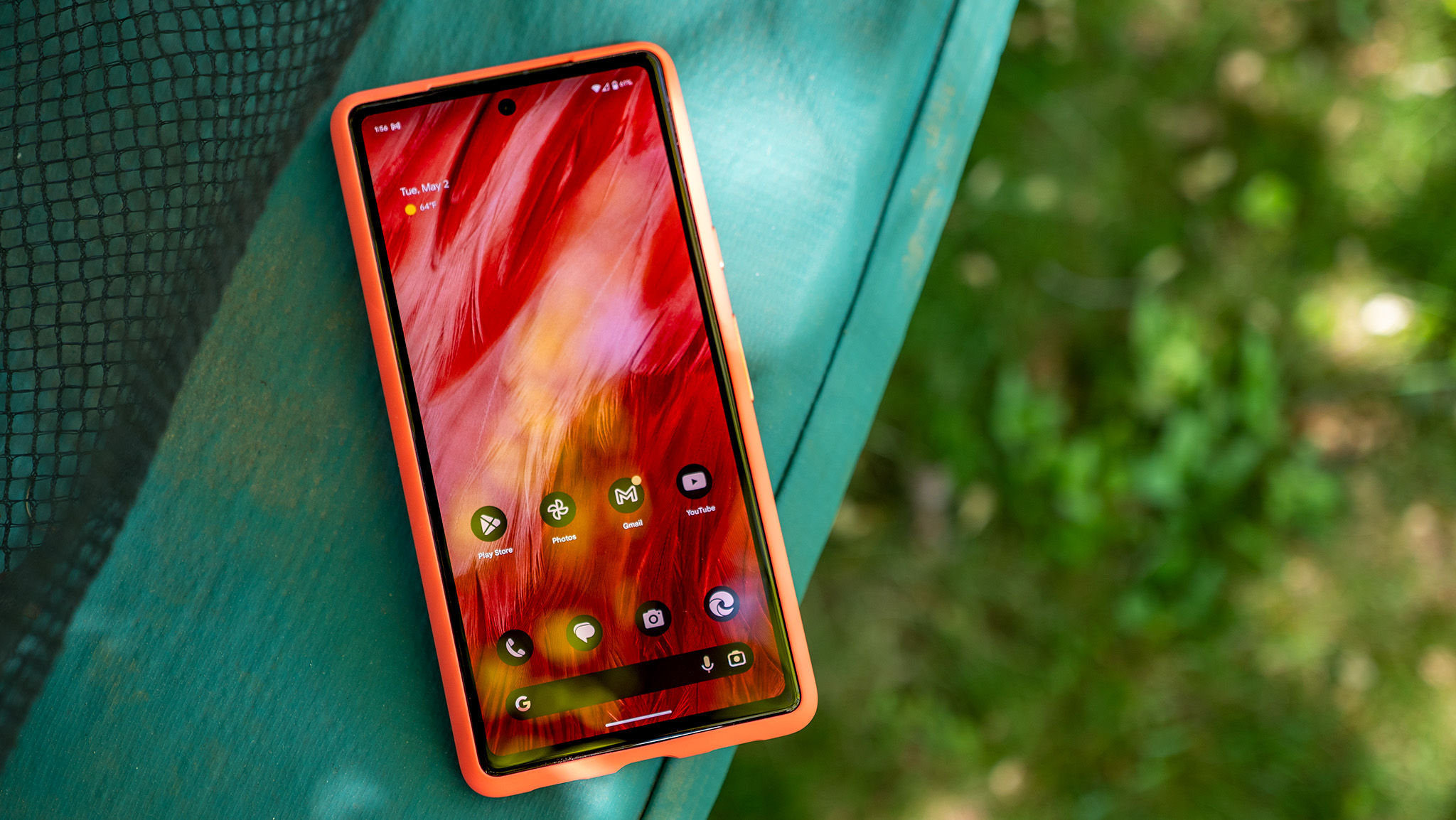
While Google overhauled the hardware for the better starting with the Pixel 6a, the one area where it hasn't made much progress is the screen. The Pixel 6a had a 60Hz panel, the Pixel 7a came with a 90Hz screen, so it stands to reason that Google switches to a 120Hz panel this time around with the Pixel 8a.
The Pixel 7a doesn't feel as limited as its predecessor — 90Hz is noticeably smoother than 60Hz — but I'd still like to see Google offer the same refresh rate across its devices. With 120Hz refresh the standard on all other phones in this segment, Google needs to do better.
That may just be the case, as initial leaks suggest the Pixel 8a will get a 6.1-inch 120Hz panel that goes up to 1,400 nits — significantly brighter than the 1,000-nit panel on the 7a. But what's more interesting is that the Pixel 8a is set to pick up DisplayPort out, unlocking the ability to mirror to an external screen.
Be an expert in 5 minutes
Get the latest news from Android Central, your trusted companion in the world of Android
Google intentionally hobbles this feature on its devices, with the Pixel 8 and 8 Pro only getting the ability to connect to external devices two months ago.
Better thermal management
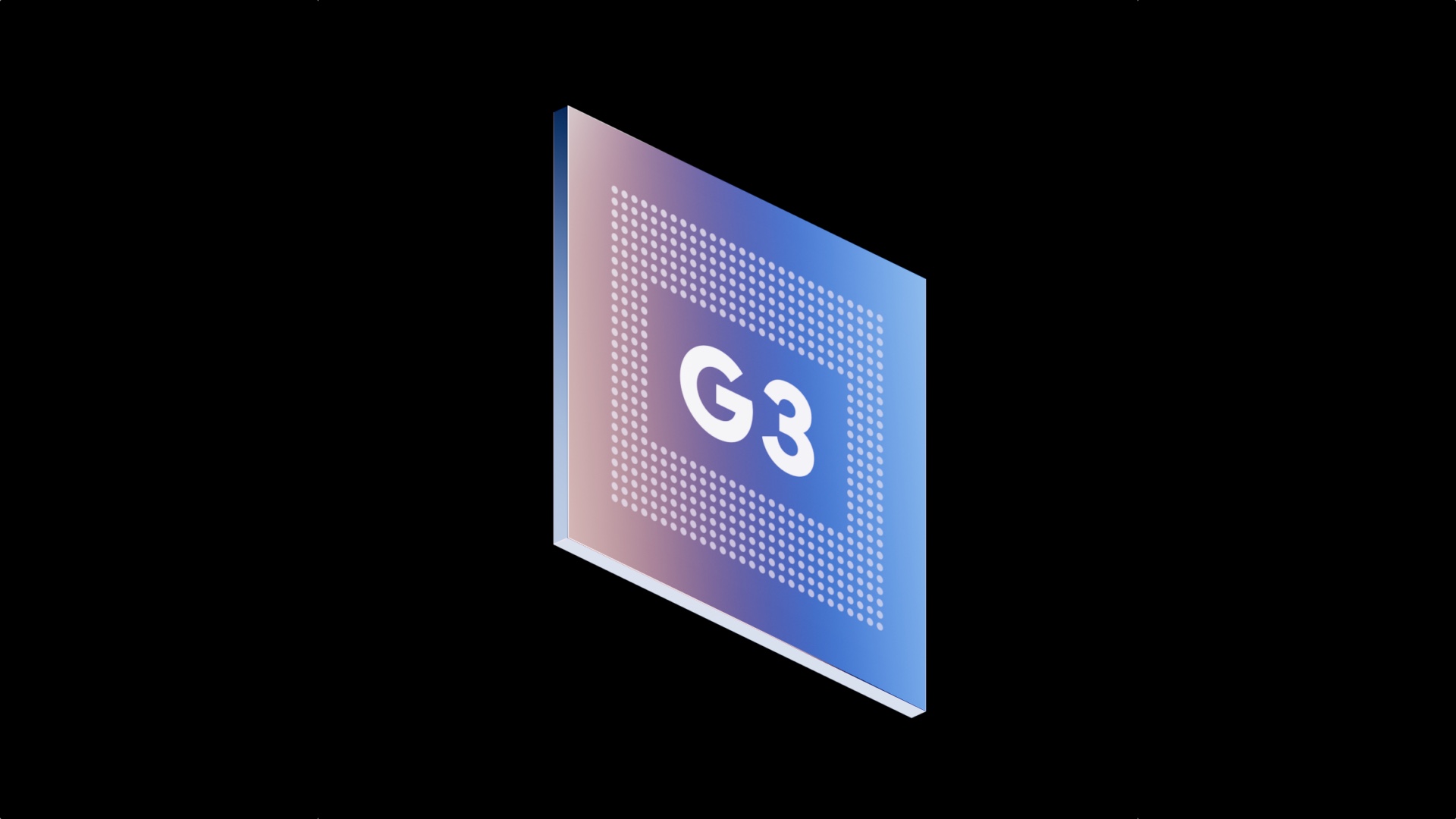
The biggest refrain when it comes to Pixel devices and gaming is that they have poor thermal management, and this is particularly the case with the Pixel 7a. While the Tensor G2 doesn't measure up to its Qualcomm and MediaTek rivals when it comes to sheer performance, it has the ability to play demanding games at stable framerates.
But a combination of poor optimization and minimal thermal management means the Pixel 7a doesn't really hold up well in this regard. This is an issue with the Pixel 8 as well, and Google needs to address the issue. It's a given that the Pixel 8a will use the same Tensor G3 as its costlier siblings, and the chipset has much better headroom when it comes to gaming; Google needs to find a way to unlock its potential.
More configuration options and higher storage
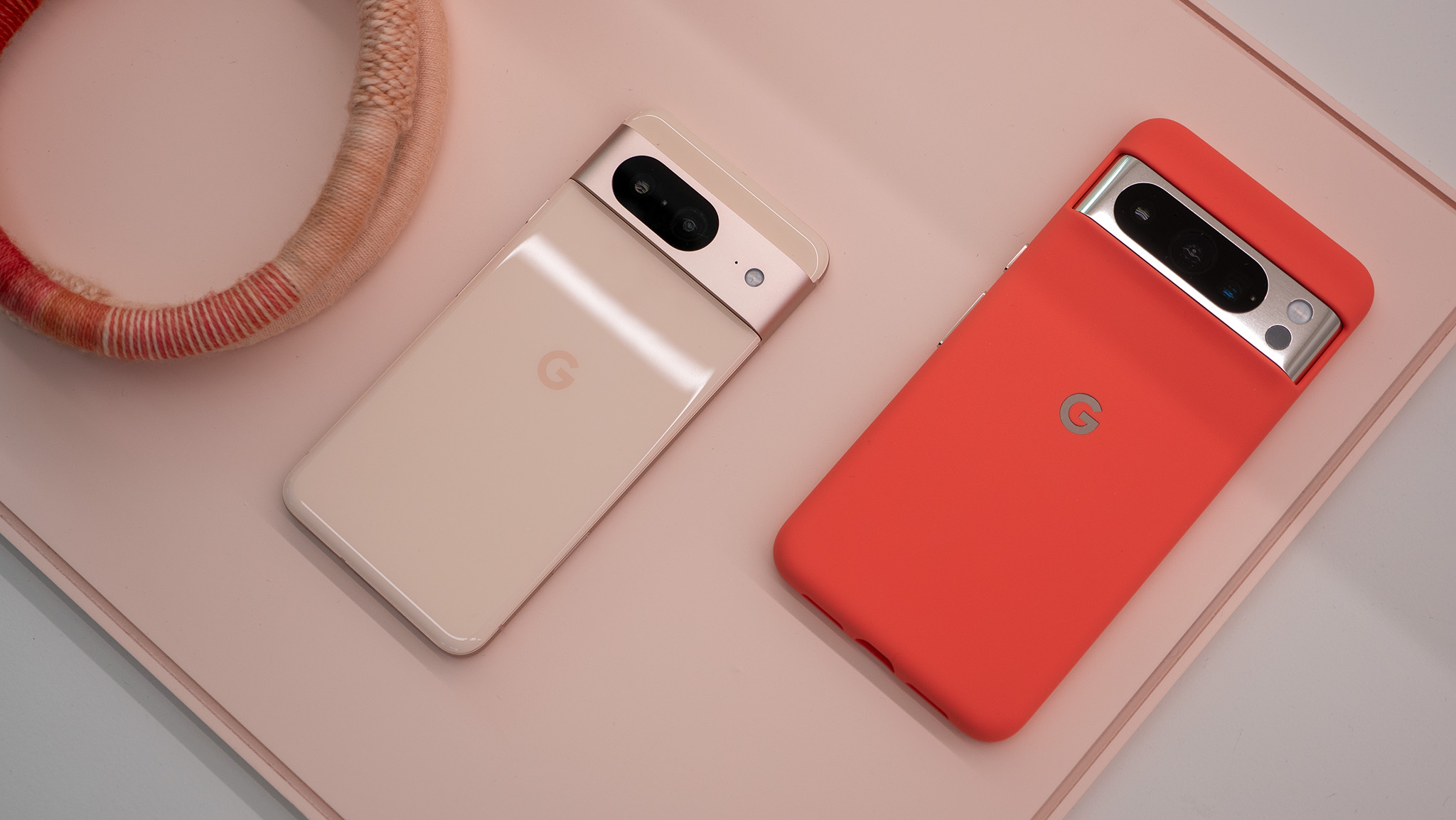
Most mid-range phones have 256GB and 512GB storage variants as standard, but the Pixel 7a only has a single 128GB variant, with no 256GB option available. A recent leak suggests that's changing with the Pixel 8a — the phone is said to get a 256GB variant alongside the base 128GB model.
Of course, this isn't a problem that's limited to the Pixel 7a; while Google sells a 1TB variant of the Pixel 8 Pro, that model isn't available in all markets, and in countries like India, the brand only offered the 128GB model at launch. While there is now a 256GB version, it is limited to the Obsidian color.
That's another issue with Pixel devices. Google tends to release interesting colors, but not all colors are available in all markets, and even if the brand releases all colorways in a region, there's a good chance that it won't have all storage variants available in all colors. This is a constant source of frustration; I like the Bay color option with the Pixel 8 Pro, but that is only sold in 128GB, so if I want 256GB of storage, the only choice is the muted Obsidian variant.
All the AI features
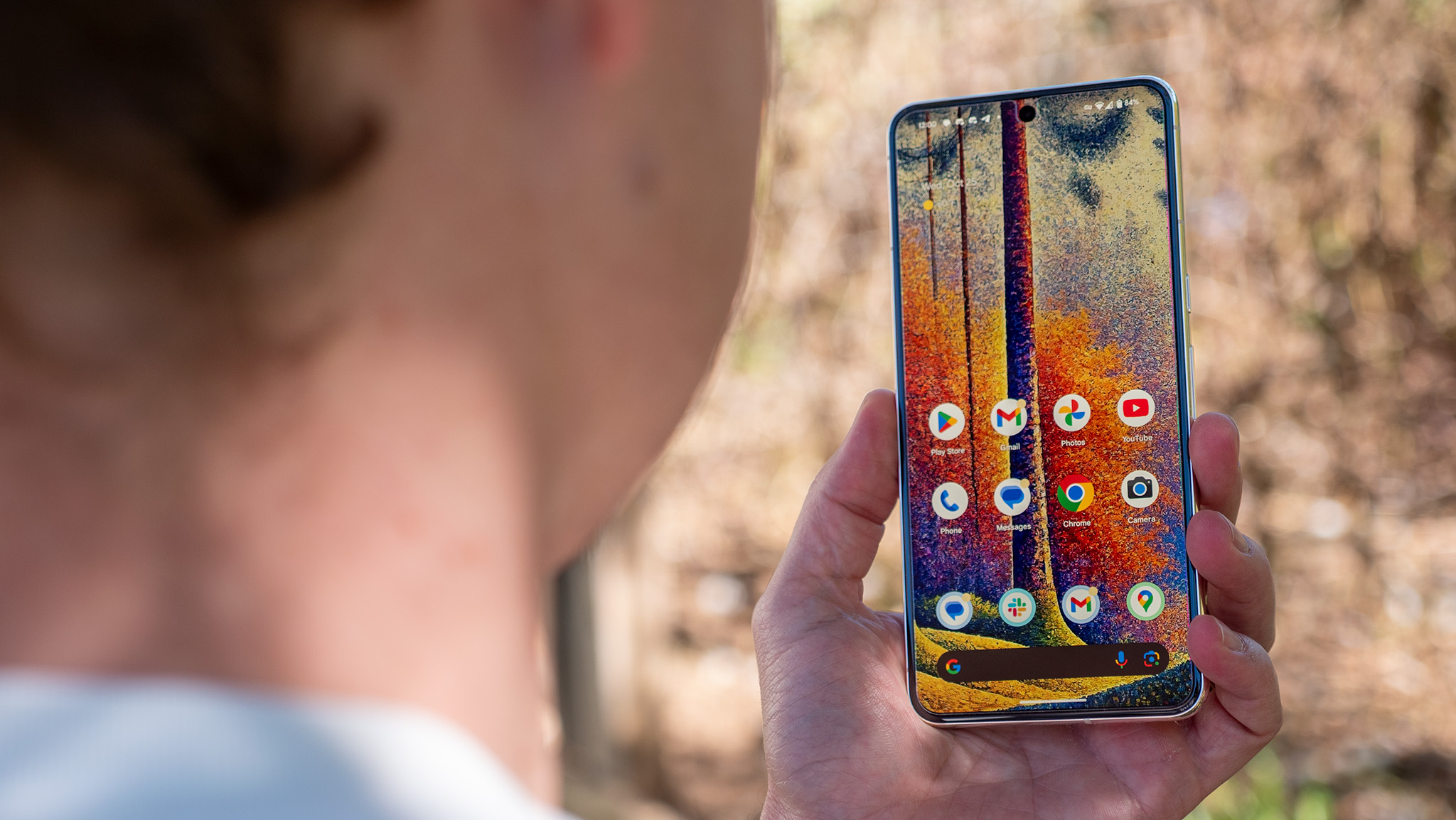
I used a lot of AI-enabled phones in 2024, but Google continues to have the best implementation of this feature yet. Google focused its attention on the camera and video side of things, and features like Best Take and Audio Magic Eraser make a big difference in daily use. If history is any indication, Google is likely to bring these features to the Pixel 8a as well, and that should serve to differentiate the device against its mid-range rivals.
Talking about an edge, Google now offers seven years of software updates to its phones, and it will be interesting to see if that is the case with the Pixel 8a as well. It's one thing to roll out long-term updates to a $1,000 flagship, but an entirely different challenge to do the same with a phone that costs half as much. The Pixel A series tends to sell in greater volume than Google's flagships, so if Google actually manages to deliver the same update guarantee to the Pixel 8a, it will be a huge deal.
Of course, it still isn't clear how those long-term updates will pan out; Google is in uncharted waters, and we'll have to wait and see what forthcoming features actually make their way to these devices in the future.
Google tends to showcase Pixel A devices at its annual I/O conference, and with the event scheduled for May 14, there's a good chance that we will learn more about the Pixel 8a at the event.

Harish Jonnalagadda is Android Central's Senior Editor overseeing mobile coverage. In his current role, he leads the site's coverage of Chinese phone brands, networking products, and AV gear. He has been testing phones for over a decade, and has extensive experience in mobile hardware and the global semiconductor industry. Contact him on Twitter at @chunkynerd.
You must confirm your public display name before commenting
Please logout and then login again, you will then be prompted to enter your display name.
